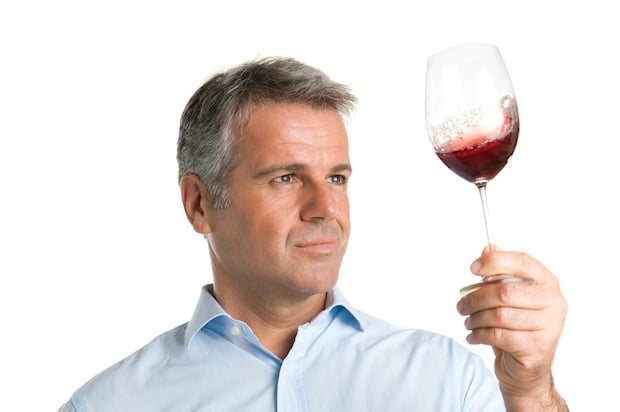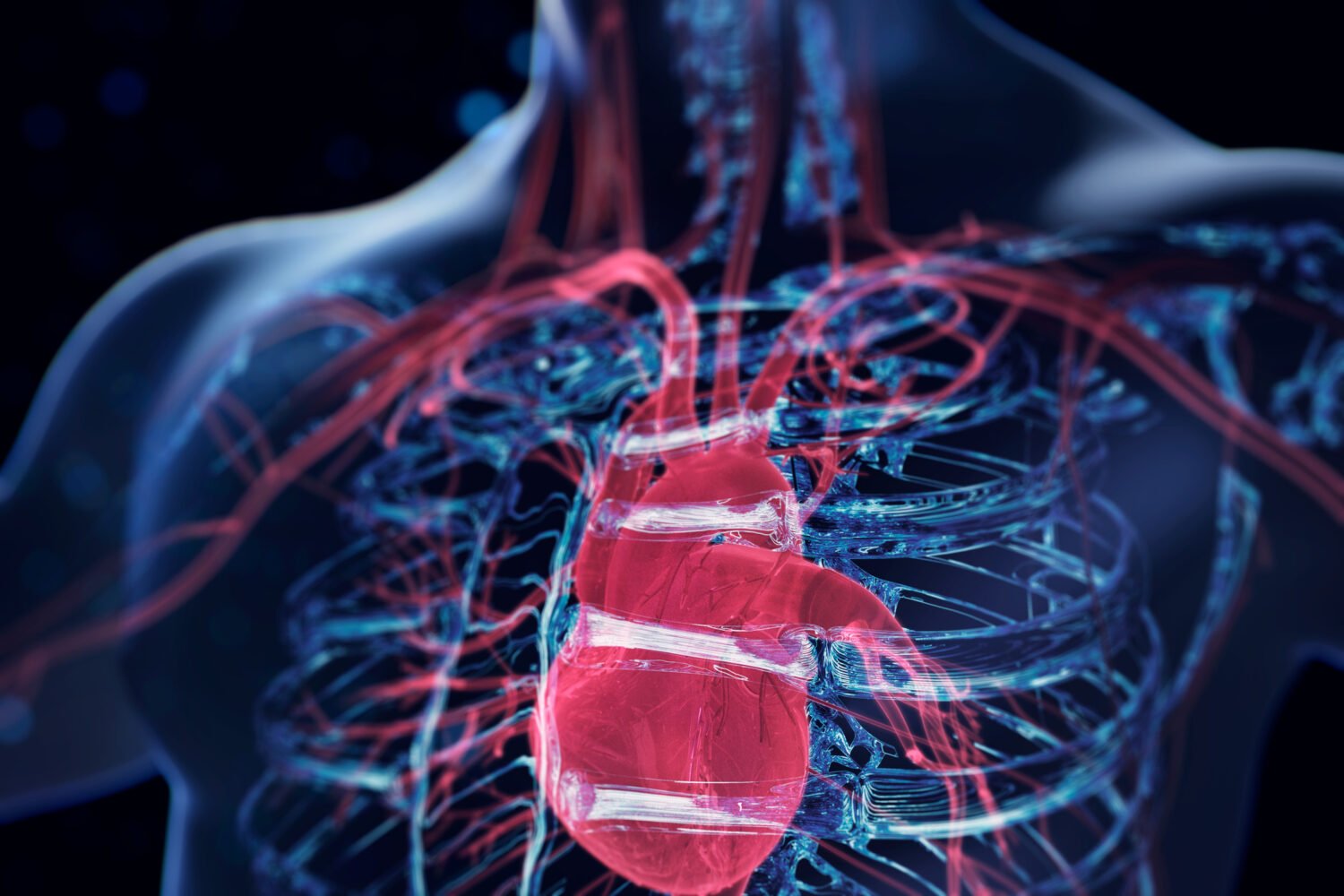In one corner we have that antioxidant-rich bottle of our favorite red wine, and in the other corner we have our cycling studio membership.
The culprit behind this battle between these two heart-health darlings? Resveratrol, an antioxidant believed to help protect the lining of the heart’s blood vessels that is found in the grapes that later become red wine. Past research has suggested a glass of red wine is a good way to increase the levels of good cholesterol and therefore reduce blood clotting and inflammation.
But earlier this week, the Journal of Physiology published a study by a PhD student at the University of Copenhagen that could put the cork in that “one glass of red wine a day” mantra. It examined a group of 65-year-old men (a population prone to heart disease) in regards to their blood pressure and the impact of resveratrol levels and the cardiovascular benefits of exercise. The 27 men weren’t gym regulars, although they were still described as healthy.
For eight weeks, they performed high-intensity interval training. Half of them were given 250 milligrams of resveratrol daily, and the others received a placebo. The study was double-blind, so no one knew who received the antioxidant. (Researchers noted that the levels of resveratrol given to participants were much higher than what’s found in a typical glass of wine.)
The study found that those given resveratrol did not see the same benefits of physical exercise as those who were given a placebo. In fact, the placebo group experienced a 45 percent increase in maximal oxygen uptake, as well as a decrease in blood pressure. Researchers concluded that having too many antioxidants in our diets “blunts the positive effects of exercise training on cardiovascular health in aged men.”
While the ruling is still up for debate, especially given the small study group, the results fuel the conversation about antioxidants’ role in our overall health—a great discussion topic for the walk home after spin class tonight or over dinner with a glass of Merlot.



















